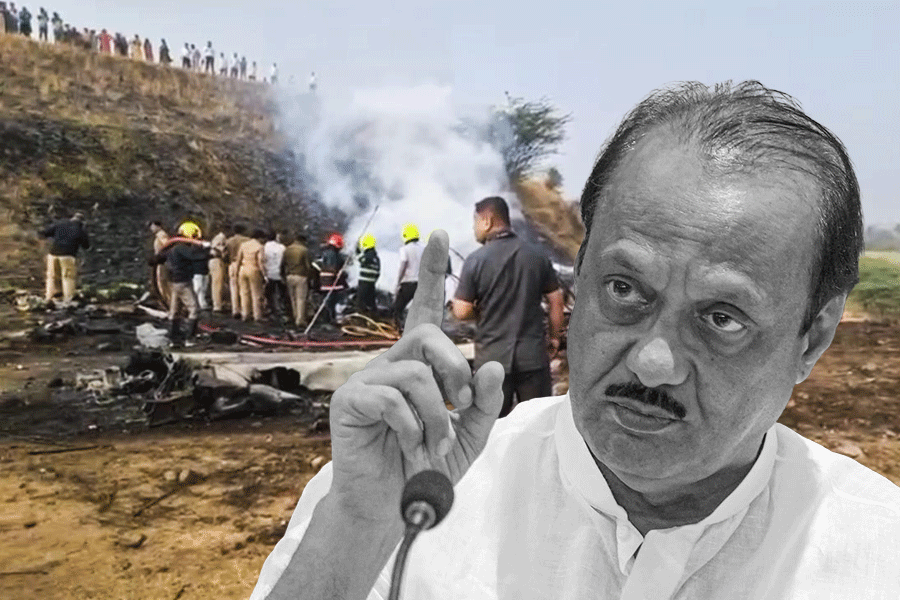 |
| A tea garden |
Silchar, June 21: Known to be inveterate tea drinkers, Mizos are fittingly reaping the benefits of a tea revolution in their tiny state.
As many as 343 small plantations sprouted in Mizoram during the past decade, and have now begun producing leaf which experts believe can be processed into high-quality tea.
P.K. Barua, assistant director at the Tea Board’s regional office in Silchar, said Mizoram CTC had the potential to be a blend of the Darjeeling and Assam varieties. “Such a blend of flavour and liquor could give Mizoram CTC a unique position in markets around the world.”
The nascent industry received a big boost in April, when governor A.R. Kohli inaugurated the state’s first tea factory at Ngopa. Set up by F. Kapsanga, who owns F.K. Tea Estate, the factory can process 400 tonnes of leaf annually. The North Eastern Council and the Guwahati-based North East Development Finance Corporation provided loans for the project.
Before the factory started functioning, tea growers of Mizoram had to sell their produce to factories in the adjacent Cachar tea belt of Assam.
The Tea Board has begun disbursing grants to these growers to set up nurseries for high-yield species. Most of the tea estates are spread across the hill slopes of Ngopa and Biate. The average area does not exceed 10.12 hectares, which is the maximum limit for any plantation to be categorised as “small” and given grants by the Tea Board.
According to statistics available with the Tea Board, tea is being cultivated on 877.15 hectares across Mizoram.
Officials said tea produced in Mizoram could rival the best if the small growers concentrated on raising the yield per hectare without compromising on the quality of leaf, which determines the characteristics of tea.
The Tea Board has been trying to raise awareness among these growers about the need to adhere to a research and development regimen.










